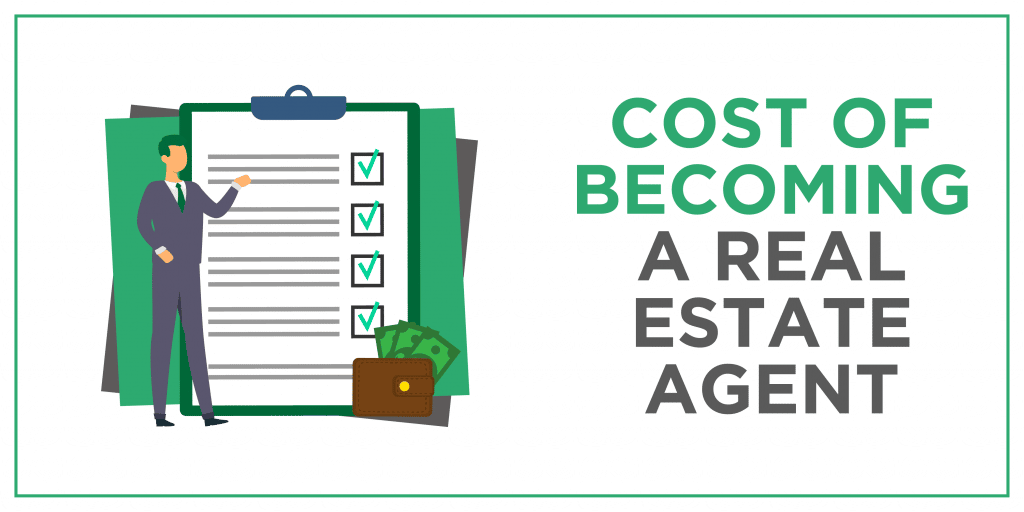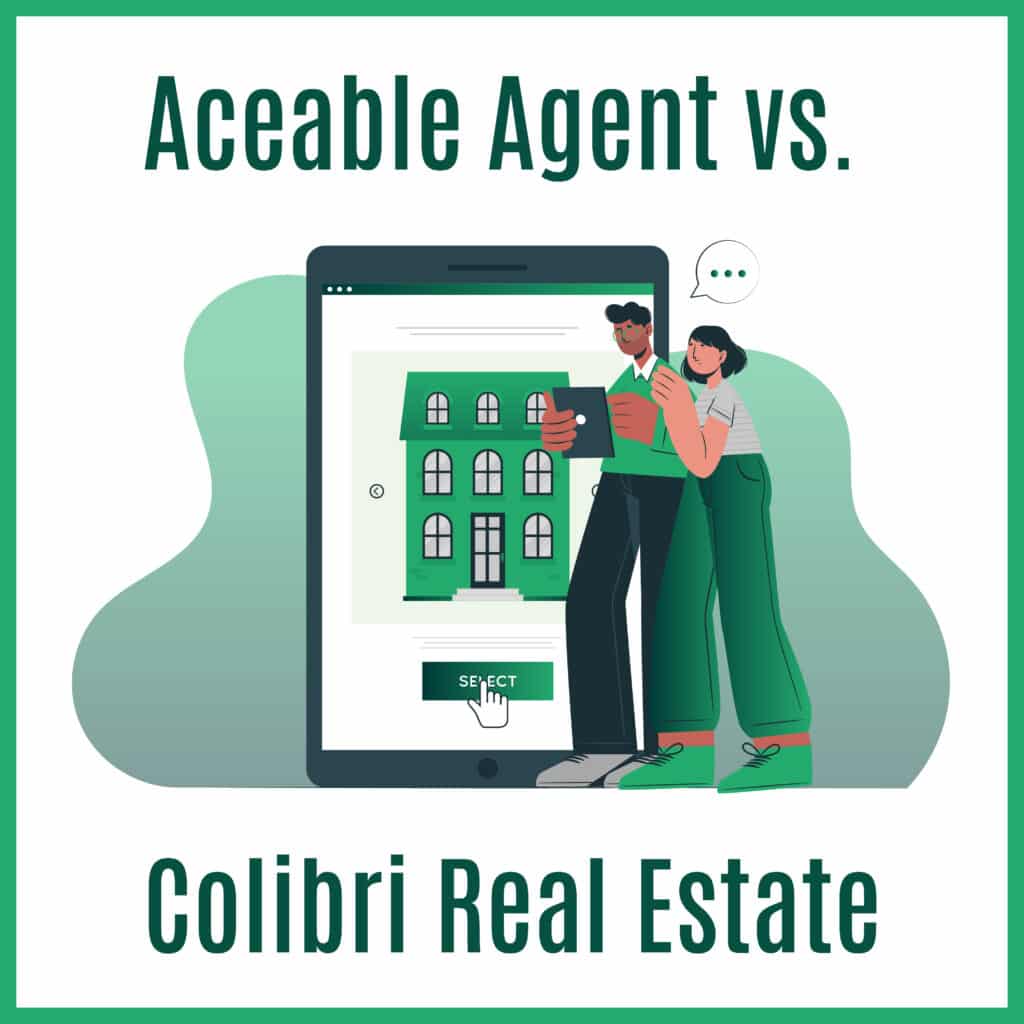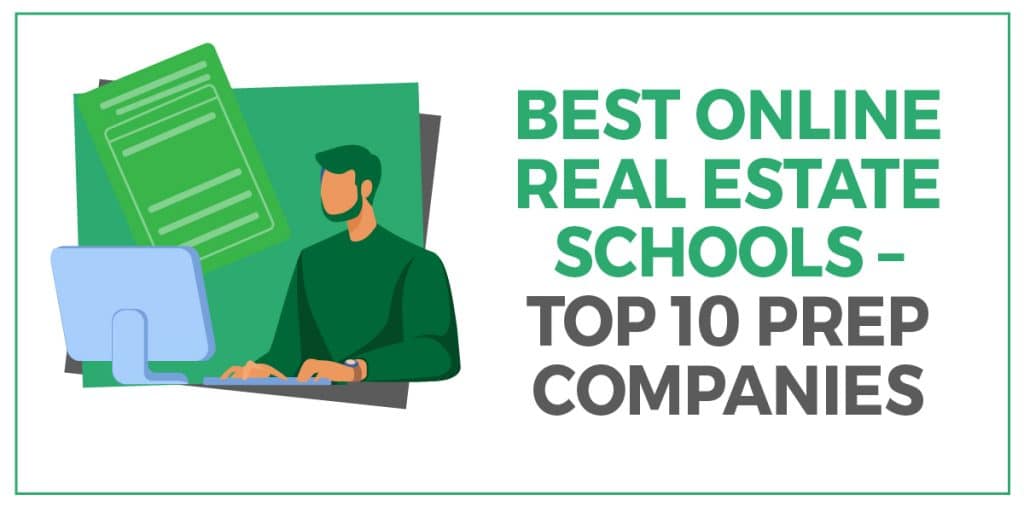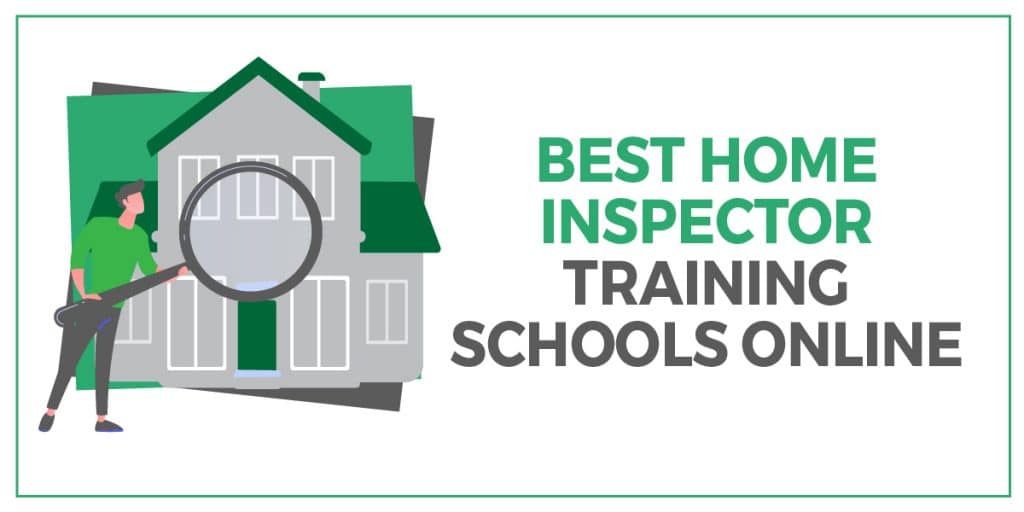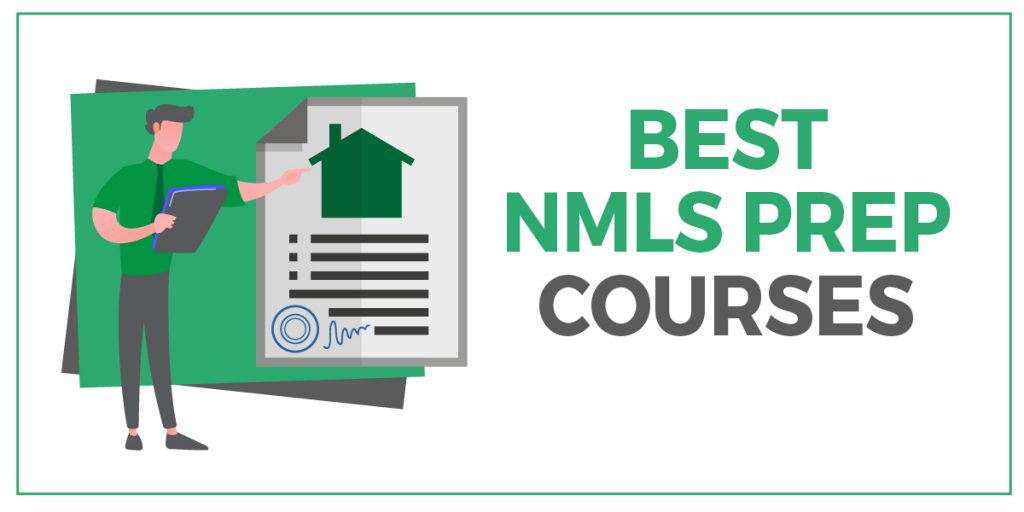The last step needed to start your career in Arizona real estate is getting your real estate license. Many people get hung up on this part, but a lot of common annoyances can be avoided by understanding the requirements and the steps that need to be taken.
Luckily, it’s much easier than it first seems. Earning your Arizona real estate license is simple, as long as you’re able to follow some simple instructions.
Keep reading for everything you need to know about becoming a licensed real estate agent in Arizona. You’ll need to meet the prerequisites, work through the enrollment process, pass the exam, and pay your fees before you earn a license.
Keep reading to see exactly how you can do each of those things!
Meeting the Prerequisites
The first thing you need to worry about is meeting the requirements for the Arizona real estate exam. If you are at least 18 years old, here are the other major requirements.
Education
Real estate licenses have fairly light education requirements compared to other certifications. For Arizona, you only need to complete 90 hours of real estate salesperson pre-licensing education, either online or in a classroom setting. However, the classes taken must be from a real estate school that has been approved by the Arizona Department of Real Estate. Plus, you need to pass an exam at the end of your 90 hours to prove your competency.
You may be able to skip this step if you’re an out of state licensee. Make sure to check the requirements for out of state applicants for further information on what you need.
Paperwork and Forms
The next step is to get all of your forms and documents in order. To start, you need to submit proof that you completed the education requirement. After that, you need to acquire a fingerprint clearance card from the Arizona Department of Public Safety. Make sure to start this early, as the process can take 8-10 weeks to complete.
In terms of forms, you need to submit a Disciplinary Actions Disclosure Form (LI-214/244). You must submit this form with your accurate SSN and date of birth. This functions as a background check and allows you to disclose if you have a criminal background; convicted felons can’t receive a license. However, you may be able to get one if you’ve already served your time.
The Disclosure Document Checklist (LI-400) is the last form that must be completed. You only need to complete this form if you answered yes on any of the questions asked on the previous form. It asks you to include certified documents proving what you’ve stated on the previous form. Once you’ve completed this, all the required pre-exam paperwork is complete!
Contract Writing Class
The last prerequisite you need to worry about is the 6 hour contract writing class. You’ll need to provide a certificate of completion to the Arizona Department of Real Estate. Just like with the education requirement, this course must be taken with an ADRE-approved school.
“For Arizona, you only need to complete 90 hours of real estate salesperson pre-licensing education, either online or in a classroom setting.”
Schedule the Exam
Now that you’ve qualified for the Arizona real estate exam, it’s time for you to schedule an exam date. To do so, you need to create an account on the Pearson Vue website. Make sure to include 2 forms of ID with your account. That way exam administrators can confirm your identity when you sit for the exam. From there, you’ll be able to sign up for the Arizona real estate exam. Sometimes exams aren’t able to be scheduled online. In that instance, you should contact Pearson Vue via the phone number included on the page for the exam
Now that you’ve scheduled the exam, you need to take and pass the test.
Arizona Real Estate Exam
According to the exam outline, the real estate exam consists of 180 multiple choice questions that cover 27 different subjects. You must get at least 75% of the questions right to pass the exam, or you’ll be forced to retake it. You’ll also complete 15 pretest questions that will not affect your grade; they’re mixed in with the other questions and not identified. Due to that, make sure to take every question seriously, regardless of whether or not you think it’s a pretest problem.
Luckily, Arizona doesn’t put a limit on the number of attempts you can make— just wait 24 hours after your attempt to schedule another test. So don’t be discouraged if you aren’t able to pass on your first try. You’ll have plenty of chances to earn your license going forward. Just be patient and make sure to study hard and you’ll pass another attempt.
After the Exam
There’s only one thing left to do after you pass the Arizona real estate exam: fill out a license application and pay any fees associated with it. Of course, you need to have completed all prerequisites and turned in all the necessary paperwork associated with the license. After that, it’s just a matter of waiting until the license comes through and you can start work as a real estate agent.
Bear in mind that your exam results are only accepted for a year after receiving them. Make sure you apply for your license during that time frame or you’ll need to take the exam again. Save yourself the extra work and stay on top of the application process, including any continuing education requirements for your state.
FAQs
Q: What is the best way to contact someone for help with my application?
A: The ADRE has a 24 hour message center accessible through their website. This is a great source of information if you find yourself confused during any part of the application or testing process.
Q: What if I’m already licensed in another state?
A: You may be able to skip some of the prerequisites if you submit your certified license history from another state. However, you’ll still need to take and pass the exam before you can practice in Arizona.





